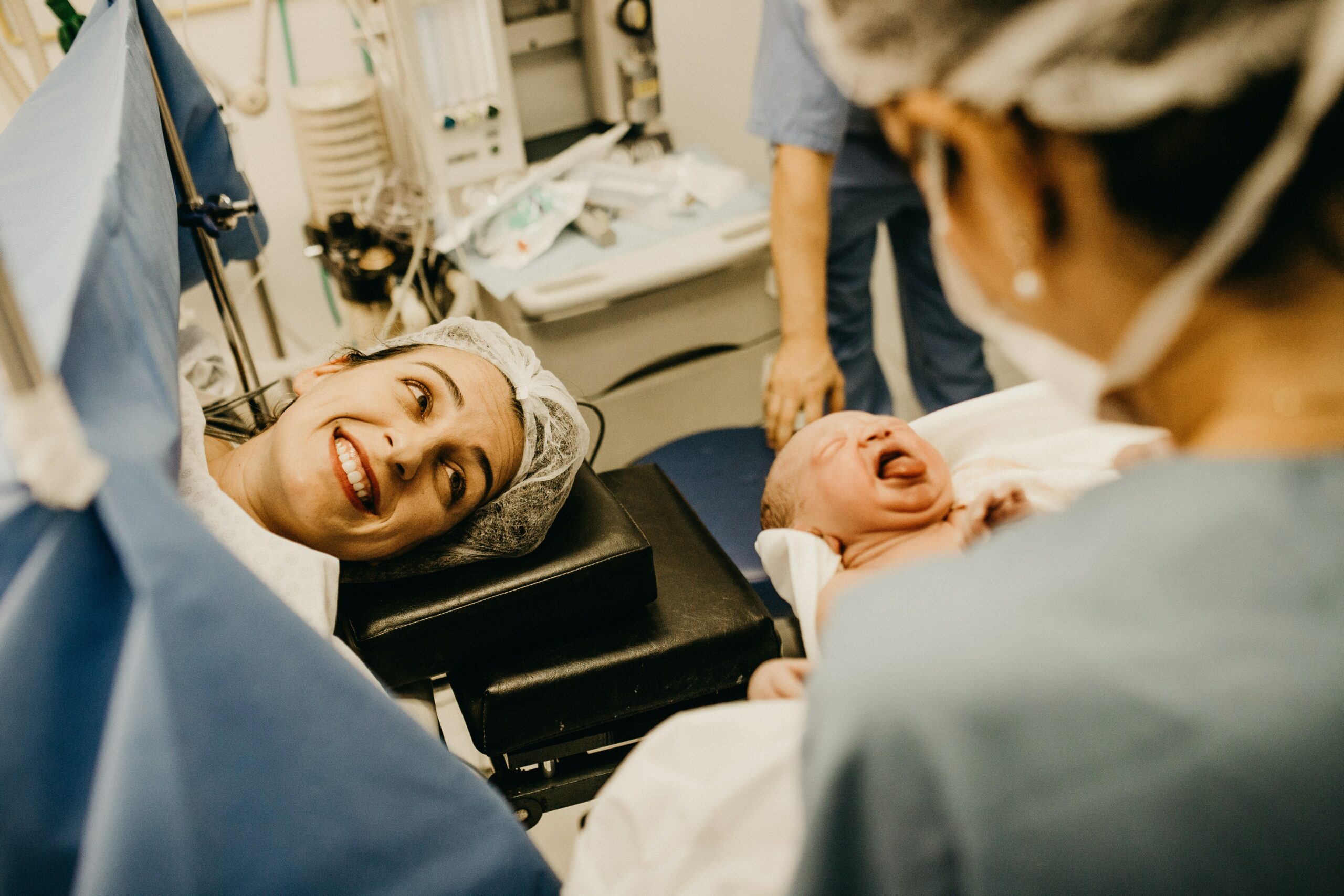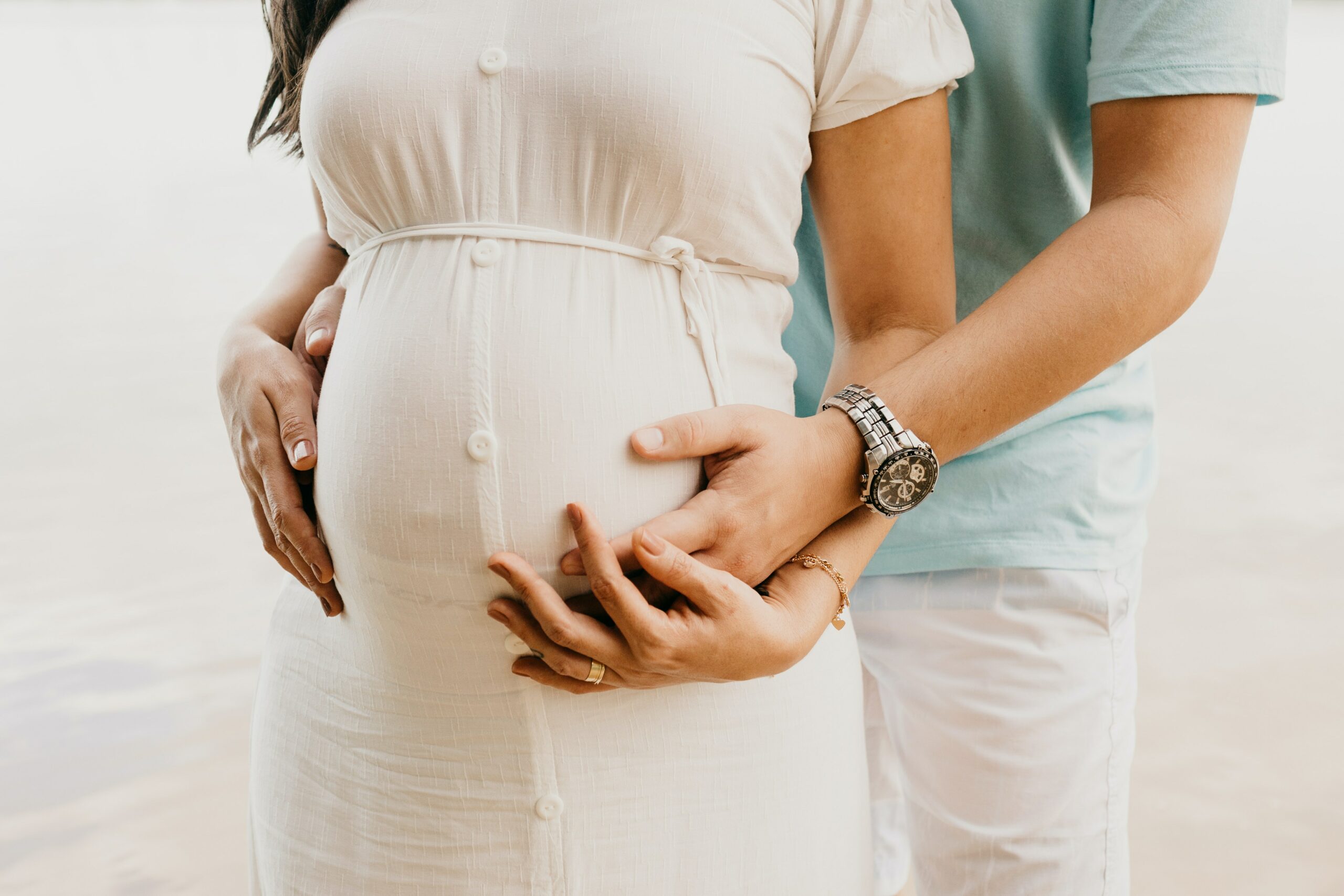Having a miscarriage is a devastating experience. There’s nothing anyone can say to make expectant parents feel better about it, so we’re not even going to try. However, if you’re looking into becoming pregnant, it’s a good idea to become familiar with general information and statistics. This is because doing so can alert women to the fact that (a) up to 25% of pregnancies could end up in miscarriage, (b) if you have an underlying illness, there are ways to decrease your likelihood of miscarriage, and (c) you could still go on to have a successful pregnancy after a miscarriage.
What is a miscarriage?
Miscarriage is the medical term given to the early loss of a pregnancy. It typically occurs sometime during the first 20 weeks of gestation, and it happens in about 15 to 20% of pregnancies. The vast majority of them happen within the first trimester.
Signs and Symptoms of Early Miscarriage
Some women experience signs that a miscarriage is about to occur, but this doesn’t happen to everyone. For those who do, signs could last anywhere from a few hours to a full week. If you experience any of the following, go to your doctor immediately:
- A decrease in breast tenderness
- Abdominal pain
- Back pain
- Vaginal spotting
- Contractions
- A marked decrease in symptoms of pregnancy — such as no longer experiencing morning sickness, fatigue, or having to urinate constantly
Signs & Symptoms of a Miscarriage After 12 Weeks
Once a woman reaches 12 weeks of pregnancy, the risk of miscarriage is significantly reduced. However, you could still suffer from a miscarriage if there are any abnormalities in the development of your baby or if you experience trauma during your pregnancy. The risk of a later miscarriage can also be increased if you’ve had two or more previous miscarriages in a row, have a weak cervix, or are older than 35 years of age. Approximately 3% of miscarriages occur during the second trimester. The most common symptoms of a late miscarriage include:
- No longer feeling the baby’s movements
- Tissues and fluids discharge through the vagina
- Severe abdominal cramps
- Vaginal bleeding and clotting
- Fever
- Chills
- Dizziness
Causes of a Miscarriage
There are several reasons that could cause a miscarriage. Although the reason is often unknown, there are factors that could increase the risk. These include:
1. Chromosomal Abnormalities
About 90% of miscarriages happen as a result of a chromosomal abnormality. This is something that occurs when the sperm fertilizes an egg — one of the new cells may end up with either fewer or more chromosomes than necessary. If the fetus is carried to term, it would be born with a genetic disorder. But very often, it results in miscarriage or stillbirth.
2. Fertility Issues
In most cases, a single miscarriage will not affect your fertility in the future. In fact, they are so common during the first trimester, that if it’s your first one, it likely won’t be cause for concern. However, if you experience several miscarriages in a row — also known as recurrent pregnancy loss — your doctor will likely test you for fertility issues. Common causes of fertility issues include pelvic inflammatory disease, uterine fibroids, and endometriosis. A woman may still become pregnant while suffering from these conditions, but can have a more difficult time remaining pregnant. The good news is that there’s still a 65% likelihood of carrying a third pregnancy to term.
3. Underlying Medical Conditions
One of the most common reasons for miscarriage is an uncontrolled chronic medical issue. The risk is highest if a woman has an autoimmune disorder, hormonal irregularities, congenital heart disease, malnutrition, or is taking certain types of medications. While some of these conditions can make having a baby difficult or impossible, treating the underlying illness may help a woman conceive and carry a pregnancy to term. The most common medical conditions affecting fertility include:
- Thrombophilia (blood clots)
- Low progesterone
- The embryo doesn’t implant properly on the uterus
- Weak cervix
- An unusual shape of the uterus
- Bacterial or viral infections
- Ectopic pregnancy
- Drug use
- Maternal trauma
- Immune disorders
- Uncontrolled diabetes
- Polycystic Ovary Syndrome
- Lupus
- Exposure to toxins in the environment
- Obesity
- HIV and other sexually transmitted diseases
4. Maternal Age
If you’re more than 35 years of age and trying to get pregnant, be aware that there’s a higher risk of chromosomal abnormalities — which increases the risk of a miscarriage. However, this concern can be circumvented by leading a healthy lifestyle, controlling underlying medical conditions, and having additional prenatal screenings. Pregnancy after 35 also means having an increased risk of getting pregnant with multiple babies and/or preterm labor.
Preventing a Miscarriage
In most cases, there is little to nothing you can do to prevent a miscarriage. It’s important to remember this, because sometimes, the experience may bring feelings of guilt.
If you suffer from any of the above-listed conditions, you may still have a successful pregnancy. However, you need to be closely monitored by your doctor. If you aren’t pregnant yet but are considering it, talk with your primary care physician about the best ways to control disease and prepare for gestation.
Contact us at OB-GYN Women’s Centre
At OB-GYN Women’s Centre, we understand that pregnancy can be both exciting and overwhelming. Talk to us about your concerns and let us help you.
Contact us to schedule an appointment.




